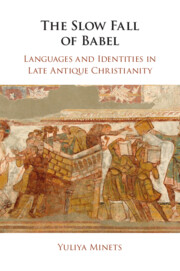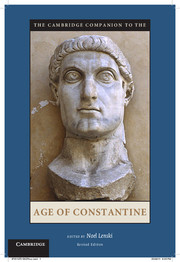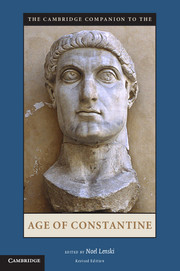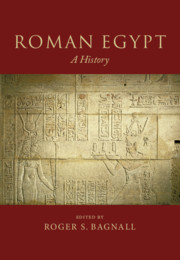The Slow Fall of Babel
This is the story of the transformation of the ways in which the increasingly Christianized elites of the late antique Mediterranean experienced and conceptualized linguistic differences. The metaphor of Babel stands for the magnificent edifice of classical culture that was about to reach the sky, but remained self-sufficient and self-contained in its virtual monolingualism – the paradigm within which even Latin was occasionally considered just a dialect of Greek. The gradual erosion of this vision is the slow fall of Babel that took place in the hearts and minds of a good number of early Christian writers and intellectuals who represented various languages and literary traditions. This step-by-step process included the discovery and internalization of the existence of multiple other languages in the world, as well as subsequent attempts to incorporate their speakers meaningfully into the holistic and distinctly Christian picture of the universe.
- Explores how an increasing awareness of linguistic diversity contributed to the development of distinct Christian and specific confessional identities in late antiquity
- Demonstrates the cultural significance of the remarks on speech differences and the problems of their interpretation in ancient documents and everyday life
- Introduces several new terms and concepts which could be applied to other areas of social and cultural linguistics and historical research
Reviews & endorsements
'Rich in source material, this monograph presents a coherent narrative regarding early Christian linguistic reflection, providing necessary background information for those new to the subject, anchoring elite Christian discussions of the topic in biblical exegesis, and carefully commenting on the lived experience of linguistic diversity. Quite apart from its own ambitions, the book is a treasure trove of references to Christian reflections on language, including many sources that may not immediately come to mind.' Philip Forness, Bryn Mawr Classical Review
'Minets' book is now essential for anyone working on Christianity in late antiquity and will hopefully spur deeper, fine-grained analyses of its entanglements with non-Christian discourses.' Aaron P. Johnson, Scottish Journal of Theology
Product details
April 2023Paperback
9781108970495
434 pages
228 × 151 × 22 mm
0.62kg
Available
Table of Contents
- 1. Meeting the Alloglottic Other: The Socio-Linguistic Landscape of the Ancient Mediterranean and the Spread of Christianity
- 2. Languages and Identities in Greco-Roman and Jewish Antiquity
- 3. The Tower of Babel and Beyond: Primordial Linguistic Situation, Original Language, and the Start of Linguistic Diversification
- 4. Speaking in Tongues in Christian Late Antiquity
- 5. Foreign Languages and the Discourse of Otherness
- 6. The Languages of Saints and Demons.








